Diversity, Equity, and Inclusion (DEI) initiatives have long been a focal point for companies striving to create more inclusive work environments. But as the conversation around DEI evolves, an important question arises – should DEI be a thing of the past? Have we now reached a stage where true inclusivity means hiring based purely on skill set rather than adhering to structured initiatives?

The Issue with Performative DEI
Many organisations have relied on niche job boards that claim to promote diversity but, in reality, often exist to cash in on the growing demand for DEI hiring practices. These platforms may help companies tick a diversity box, but do they genuinely contribute to fostering inclusive workplaces? If businesses still feel the need to use these channels, it begs the question – have they really tackled the root cause of the issue?
The Real Role of DEI in Recruitment
Rather than depending on specialised job boards that may prioritise profit over impact, businesses should focus on platforms that truly make a difference in communities. Organisations such as MyGWork, Restless, and Exceptional Individuals are great examples of platforms that don’t just act as job boards but also work towards educating both their network and the recruiters they collaborate with. These initiatives don’t seek to segregate talent but instead empower underrepresented groups and provide employers with the tools to build genuinely inclusive workplaces.
Addressing the Core Issue: Unconscious Bias in Leadership
If companies still feel reliant on DEI-driven job boards, it’s a clear sign that unconscious bias is still embedded within their recruitment processes. Instead of using external factors to address this, organisations should be investing in training programmes to identify and tackle unconscious bias within leadership and hiring teams. If bias exists, it should be dealt with at the core rather than masked by surface-level hiring initiatives.
Hiring for Skills, Not Labels
At the heart of an inclusive hiring strategy is a simple principle: hire the best person for the job, regardless of background. True inclusivity is about ensuring that every candidate, regardless of gender, race, neurodiversity, or other personal identifiers, is given a fair opportunity to compete for a role based on merit and skill. The focus should shift from diversity tick-box exercises to fostering work environments that naturally welcome everyone.
Moving Forward: Meaningful DEI in Hiring
So, should DEI be a thing of the past? Not entirely. But the way companies approach DEI needs to change. It’s time to move away from performative hiring practices and instead focus on meaningful, lasting change within organisational structures. Supporting community-driven initiatives, educating recruiters, and creating fair hiring processes will do far more to encourage true diversity and inclusion than any niche job board ever could.
The future of hiring isn’t about forcing diversity – it’s about removing barriers so diversity happens naturally. Let’s build workplaces that welcome talent based on skill, passion, and potential, without the constraints of outdated DEI narratives.



